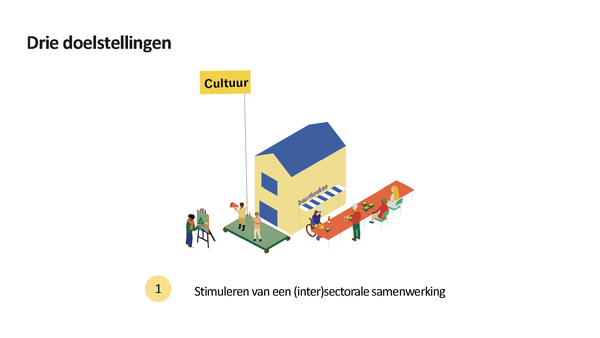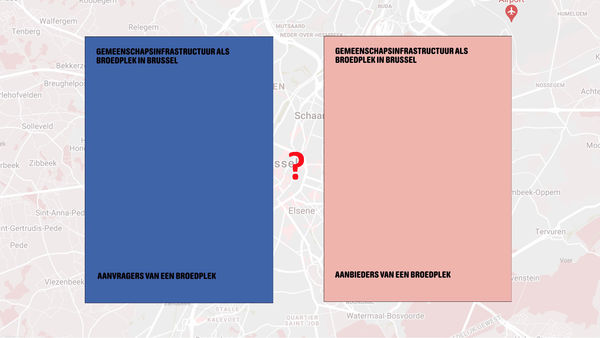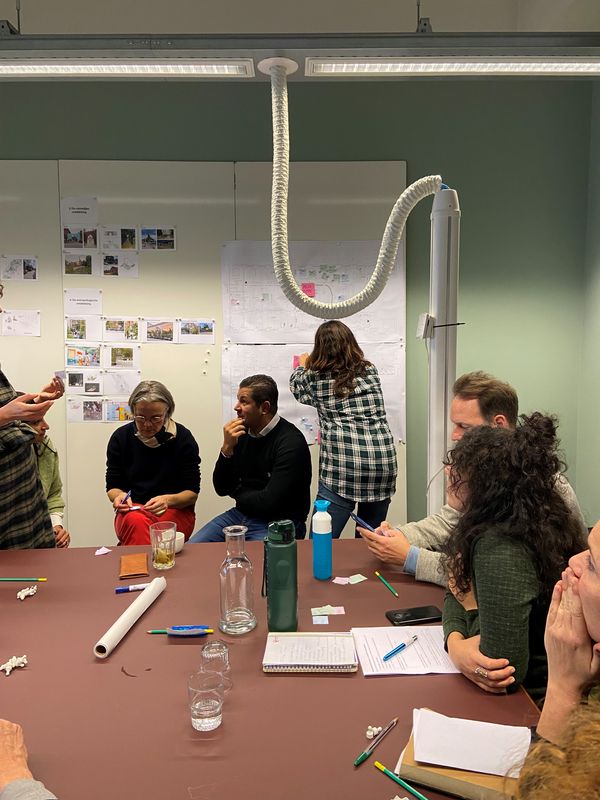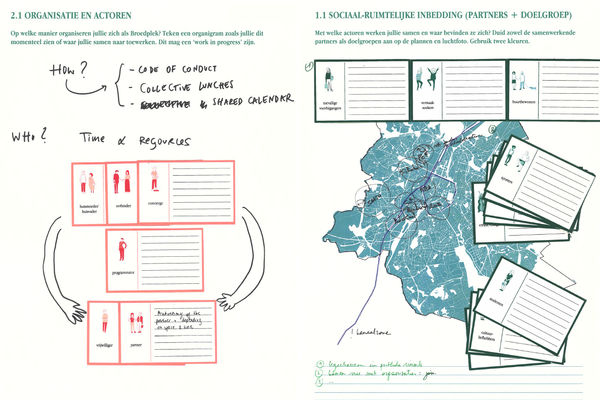We are looking for new ways of collectively creating, learning and meeting, as the drivers of societal, social and spatial transitions. Who will help us create space for the city of tomorrow? In Brussels, the demand for physical space is high, and equally urgent. Numerous promising organisations are looking in vain for a home base, a place where they can settle down and evolve. In contrast, other organisations have physical space available, which they are keen for local communities and initiatives to use. When their paths do cross, opportunities for sharing space emerge and give rise to a productive collaboration.
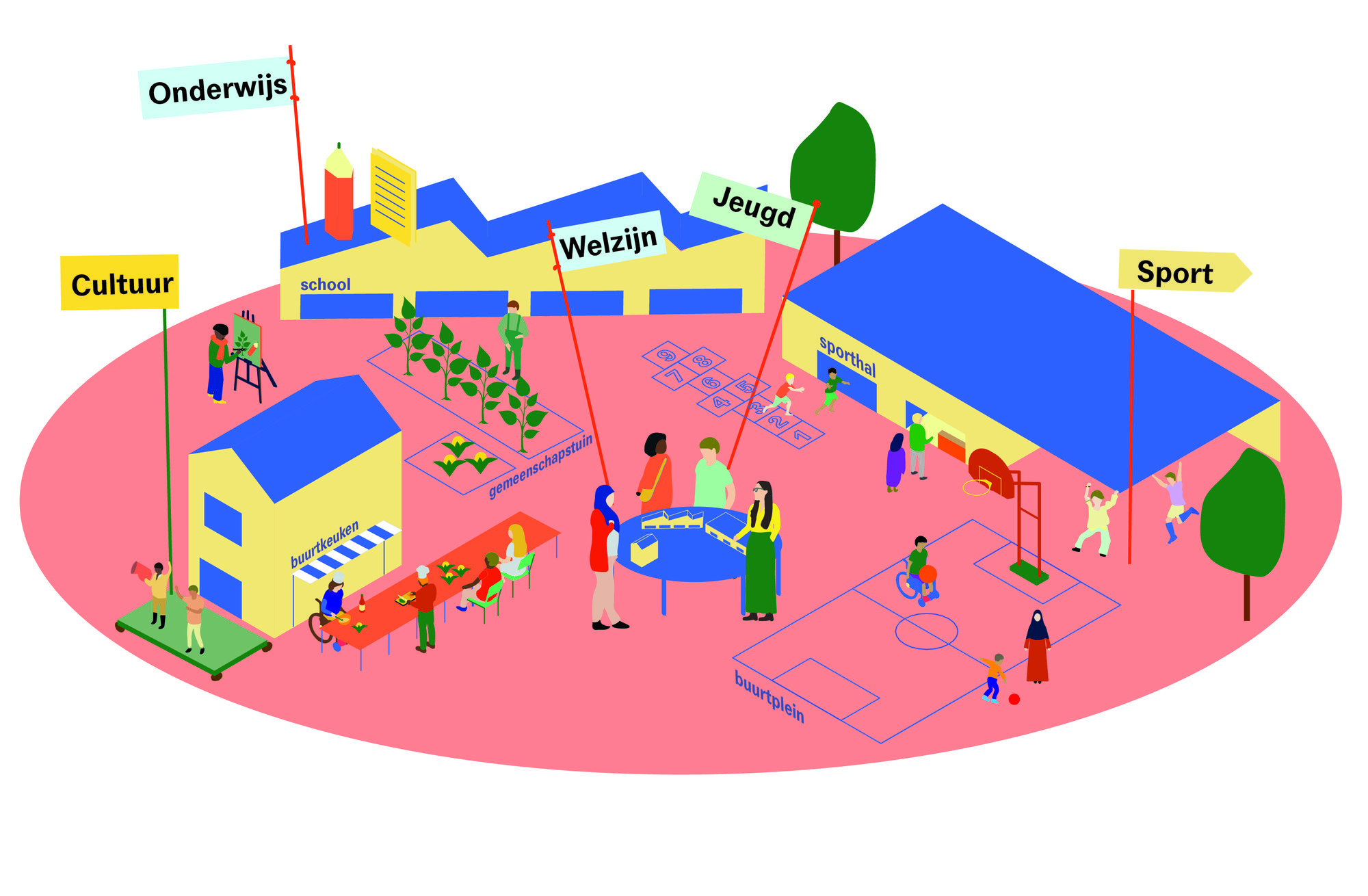
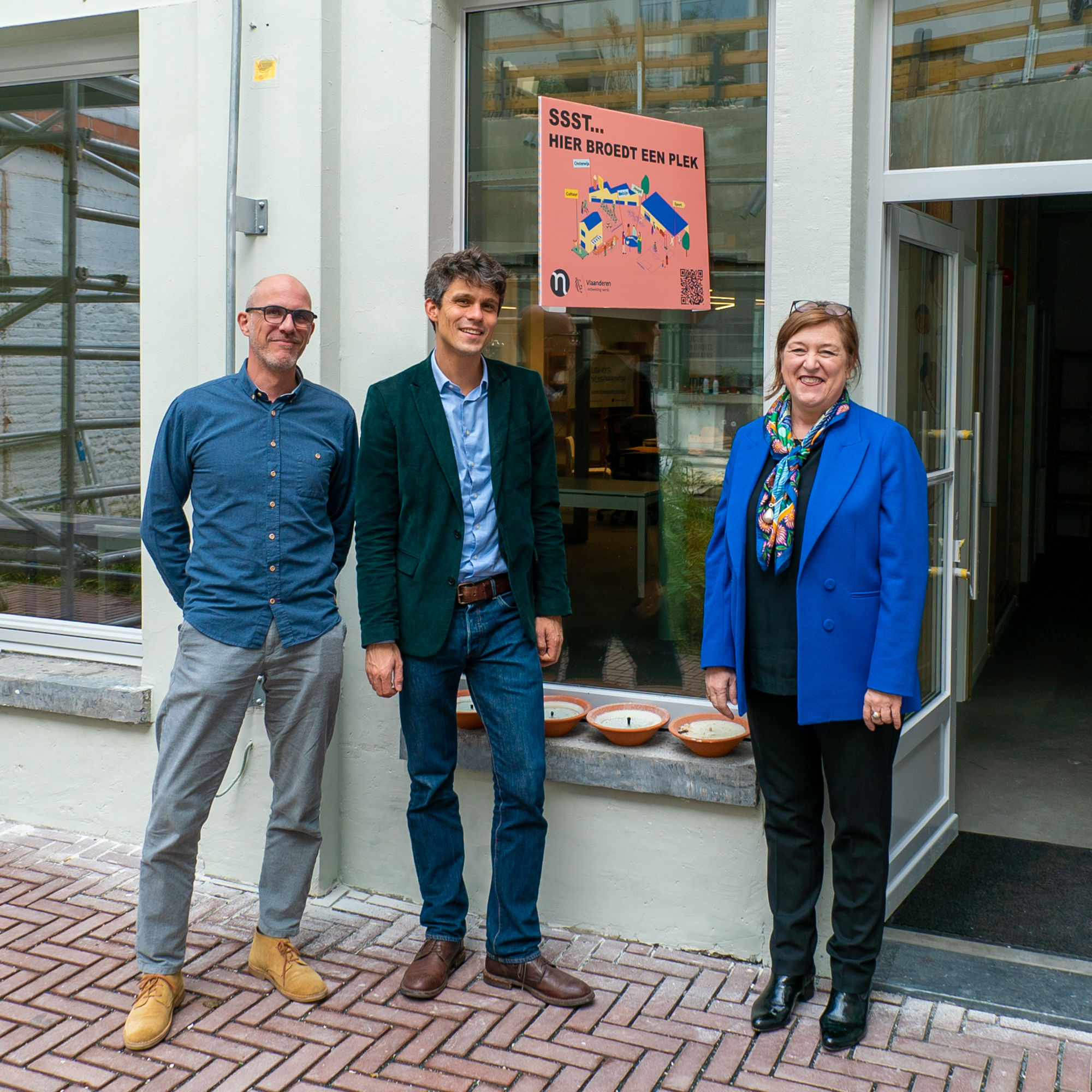
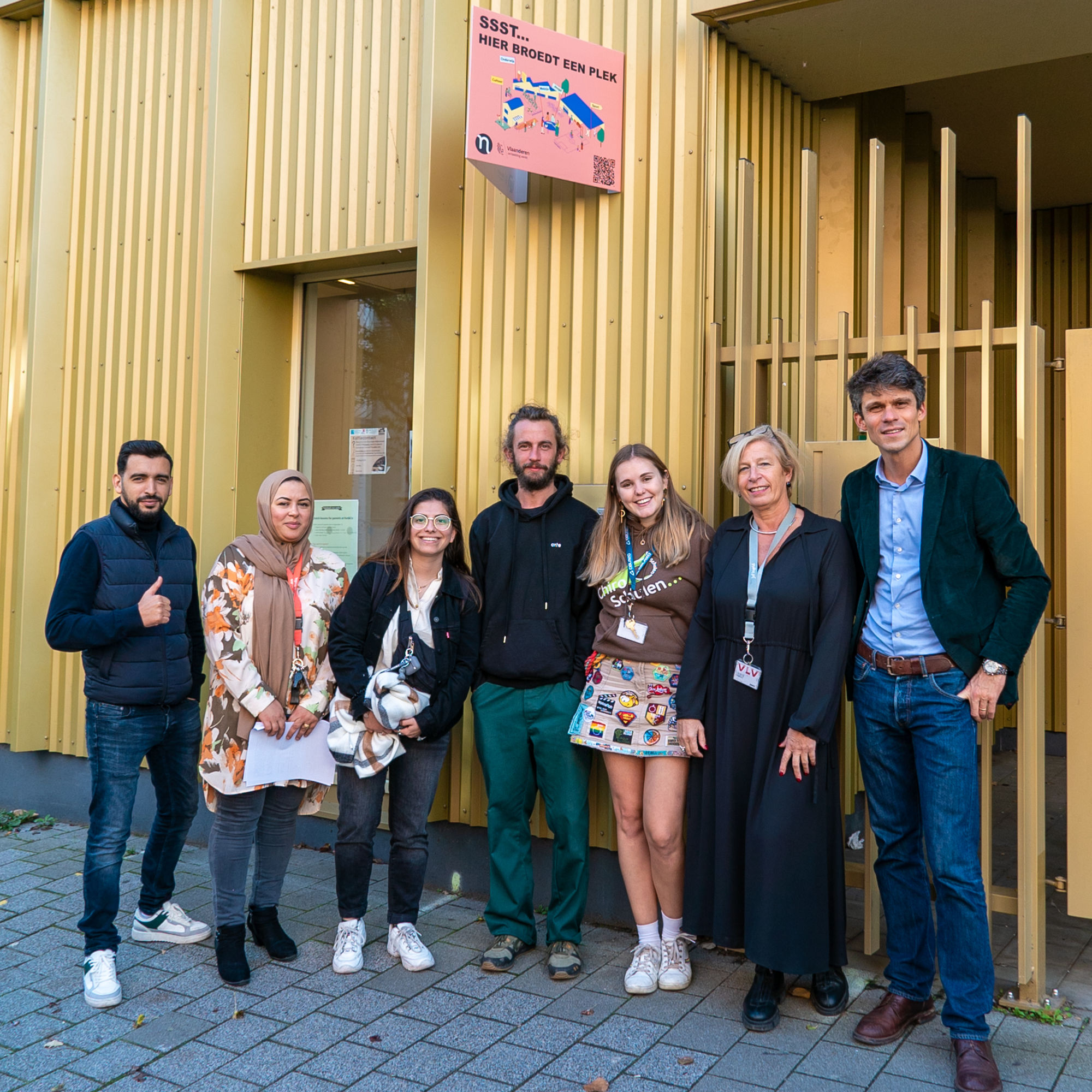
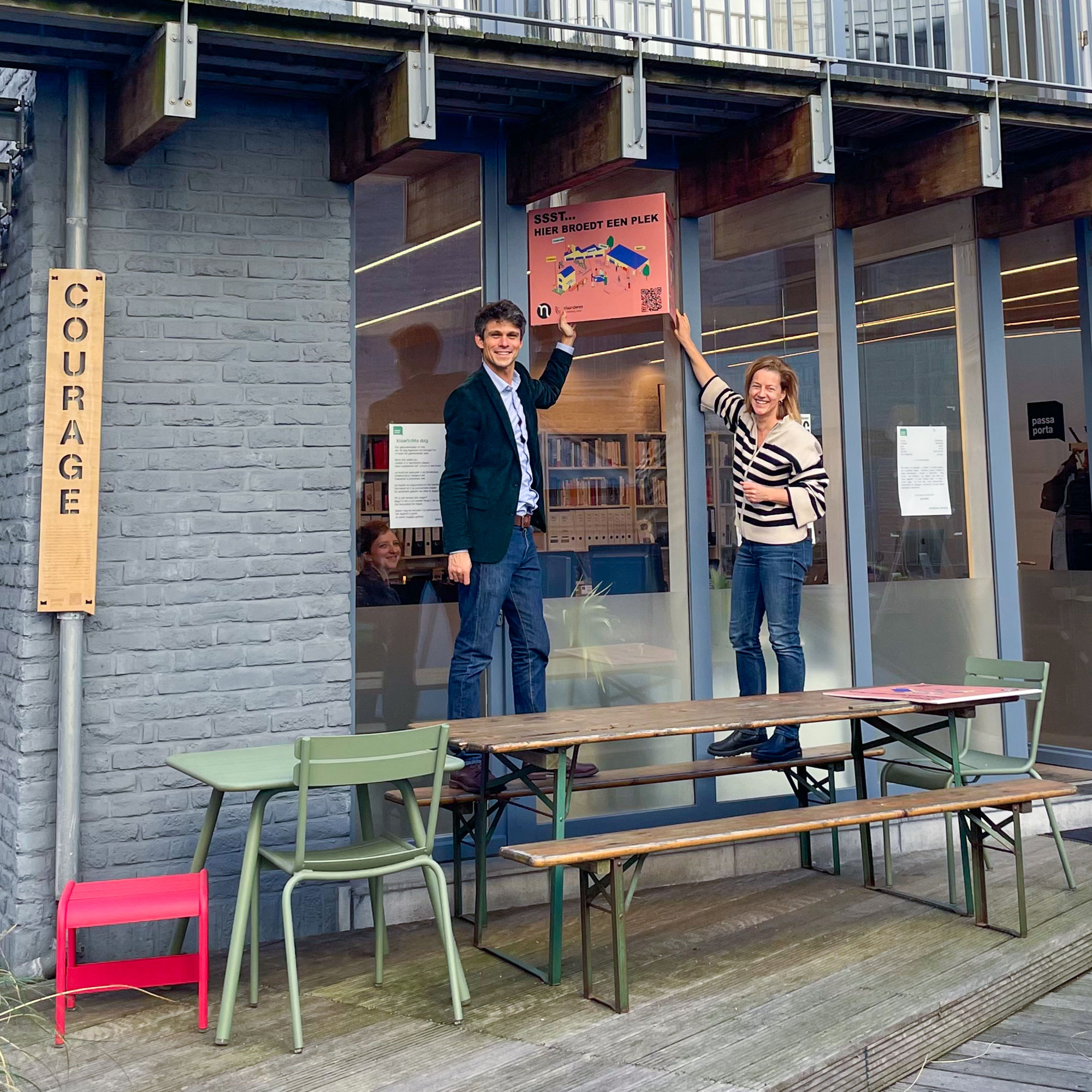
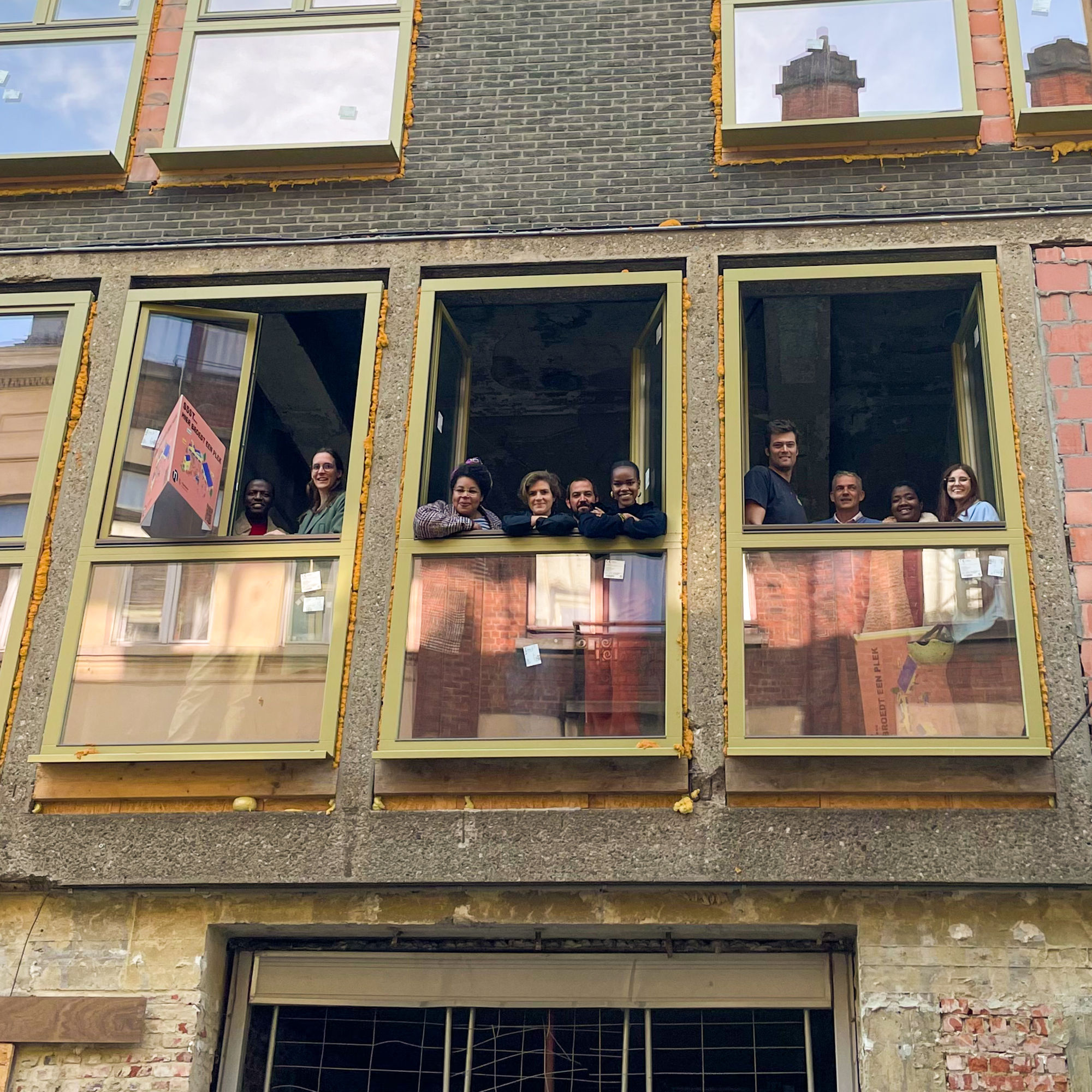
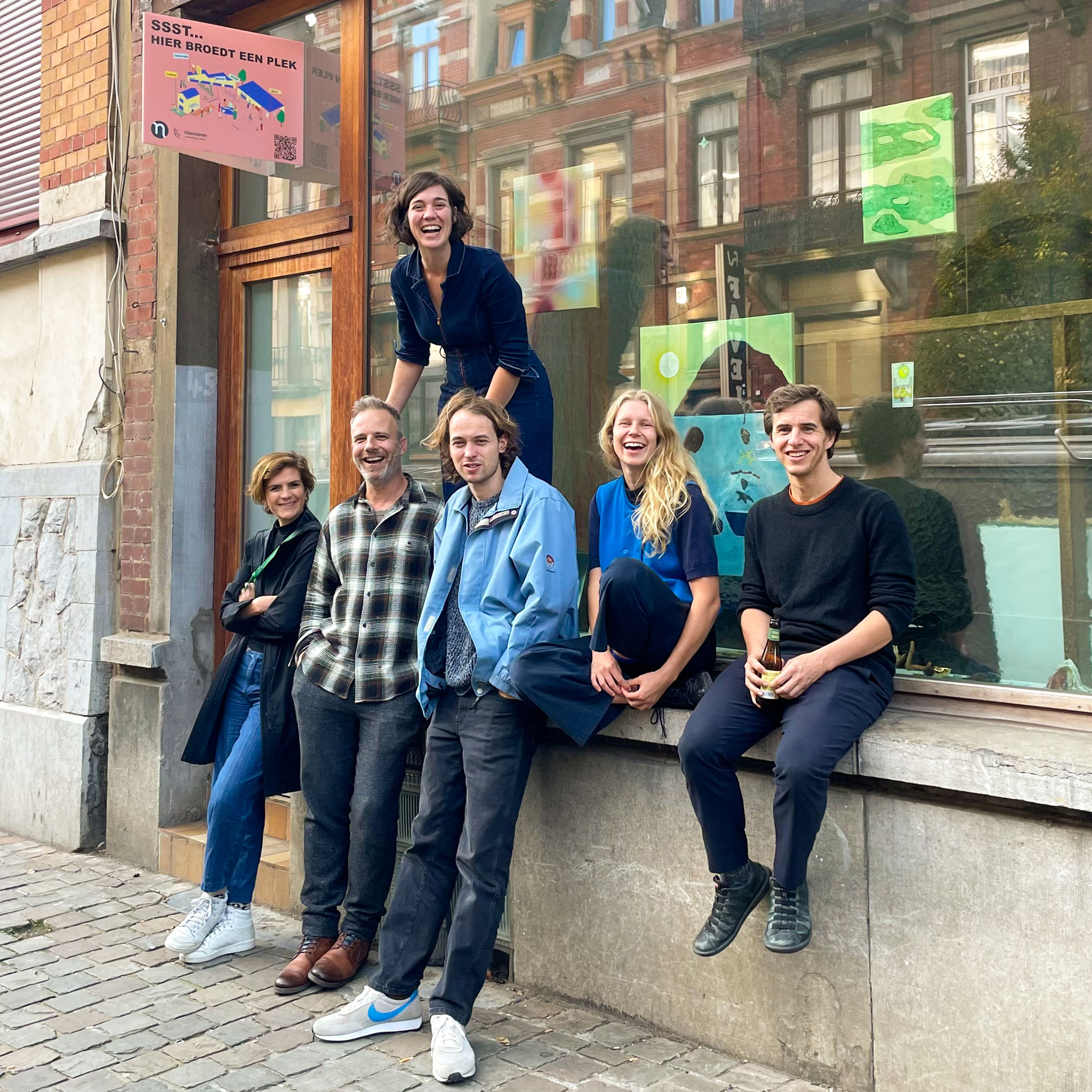
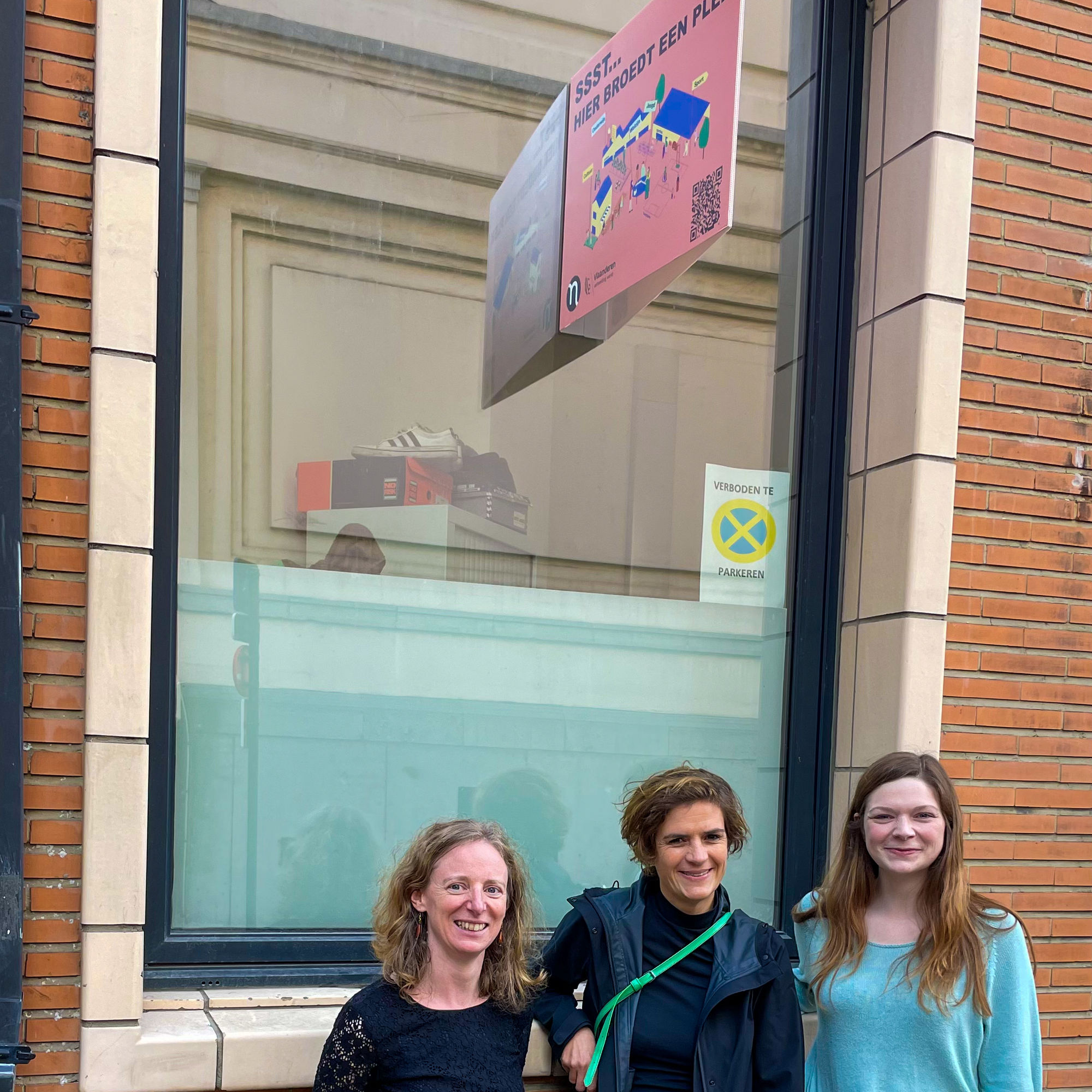
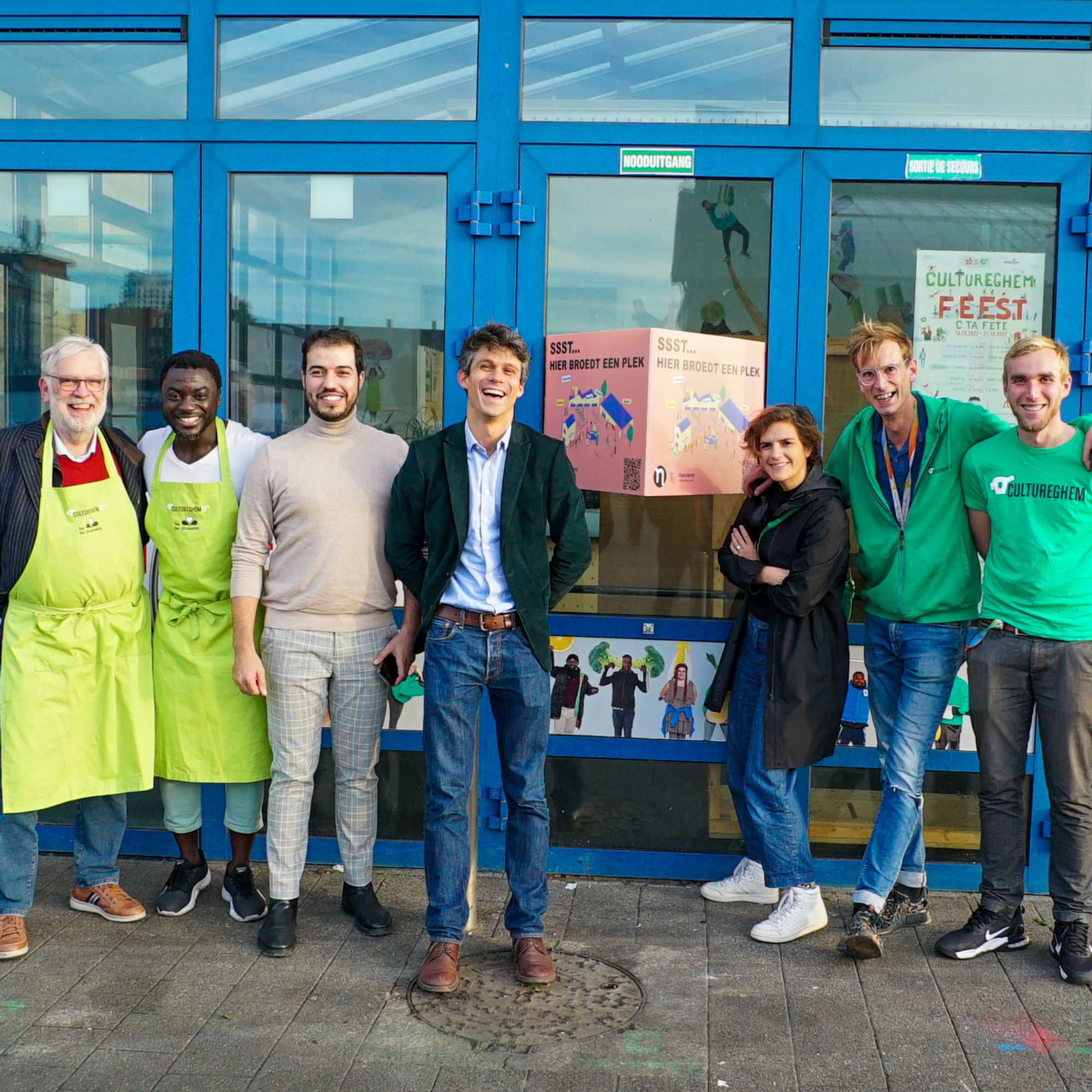
To this end, in August 2021, the Flemish Government launched the project call 'Community Infrastructure as a Breeding Place in Brussels', making 2.3 million euros in financial support available to create 'Breeding Places', a concept that has continued to take shape in recent years. Unlike spatial typologies designed for a specific programme, such as a sports hall, a theatre or a cafeteria, a Breeding Place is a new type of social infrastructure that has no unequivocal definition. They are places made out of bricks as well as people, where local communities and organisations jointly develop new forms of collaboration, responding to challenges in the capital. Places where organisations reinforce each other's substantive operations, and commit to sectoral and intersectoral collaboration, facilitating multiple use of space and a future-oriented approach. In doing so, they sow the seeds of future places in the city. These include playgrounds that are not only used by children, but by all local residents, official institutions that are opened up and revalued, places that spur the neighbourhood on to take action and inspire local residents to reflect on the future of their living environment, or an empty building that is assigned a new purpose.
In this process, Architecture Workroom Brussels took on a coordinating role. Initially, unlike regular grant files, the focus was on the process in the run up to submitting applications to the call. The various organisations that applied were put in touch and potential matching opportunities for substantive cross-fertilisation and sharing infrastructure were identified. With a group of spatial, financial and organisational experts, we supported the participating organisations in elaborating and fine-tuning their grant applications.
In summer 2022, twelve applicants were awarded investment grants. Breeding Places Walter Werkt, Cultureghem, Kuumba, Hoofdstedelijke Kunstacademie, Sint-Jans-Molenbeek Scholengroep, Globe Aroma, Passa Porta, Hovenier, Danscentrumjette, Liga voor Mensenrechten, Track and Aximax Youth Centre will work with their partner organisations for at least the next ten years to develop their Breeding Places. Cultureghem is creating a mobile Breeding Place, which can be deployed in public spaces. They are doing so in association with a large group of partners (MUS-E Belgium, Pool is Cool, Brede School, SAAMO Brussels, Filter Café Filtré Atelier, Molenbeek Rebels Basketball, Nakama and Kuregem Boxing Academy). Globe Aroma, Terra Nova and Community Land Trust Brussels are integrating artistic and educational programmes in social housing. Infrastructure works at Danscentrum Jette provide an innovative crossover with Labolobo and TOOP from the care and health sector. The Sint-Jans Molenbeek municipal council, in association with Ket&Co, aims to transform the existing collaboration with De Molenketjes, D'Broej Centrum West/Overkop, BS Molenbeek and Labolobo, into a meeting place and organisational network to strengthen the social fabric around the school.
After the investment grants were awarded, the various Breeding Places were included in the subsequent guidance phase. The guidance consisted of building on their journey, achieving their pre-defined ambitions and exceeding them wherever possible. Four intervision sessions provided insights into the successes and stumbling blocks in developing Breeding Places: How do people organise themselves? How does or does not sharing space contribute to inter-organisational exchanges? Are there any new insights on spatial or other aspects regarding the initial file? In addition, the working sessions revealed how organisational and spatial building blocks are interrelated.
'Trefdag' Brussels, a meeting organised for Flemish-Brussels actors in September 2023 and the final event in January 2024, highlighted the Breeding Places project, not only to showcase the current network of Breeding Places but also to inspire possible future organisations and practices. In view of society's need for more space for social infrastructure, the project focused not only on guidance for the practical aspects, but also on exploring a future-proof policy that promotes the creation of more Breeding Places in Brussels and Flanders. A broad steering group from Brussels and Flanders provided direction for the policy recommendations for social infrastructure. Sport Vlaanderen, VGC, G-O onderwijs, the Department of Culture, Youth and Media, the Department of Education and Training, the Department of Work and Social Economy, the Flemish Government Architect Team and Brussels Government Architect Team as well as civil society organisations including De Ambrassade, Kenniscentrum Welzijn, Wonen en Zorg and Cultuur OP/TIL were involved in consolidating and translating policy recommendations to produce coalition agreements, both at the Flemish level and at the level of policy memoranda in the various policy areas.
The first twelve Breeding Places in Brussels can be viewed as an experiment resulting from the commitment of the collaborating partners to keep working on their shared Breeding Places for the next ten years. The three-year process, summarised in one general plan and a final report at the end of the process, provides an initial insight into how this kind of place in the city can take shape. Each one approached the three pre-defined ambitions in the project call in their own way: 'facilitating multiple use of space', 'encouraging intersectoral collaboration' and 'contributing to a future-oriented approach'. There is no one-size-fits-all recipe for setting up a Breeding Place. However, there are recurring building blocks, challenges and stories we can learn from. Consequently, the twelve Breeding Places evolved to become a highly connected network of places in the city. Each tells a story of social change, in a different yet recognisable way. In doing so, they are not based on the major goals that lie far ahead, but on a specific mission of users, residents, young people, the elderly, artists or entrepreneurs to collectively shape the city and society of tomorrow.
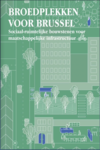
|
Broedplekken voor Brussel | 59 MB |
